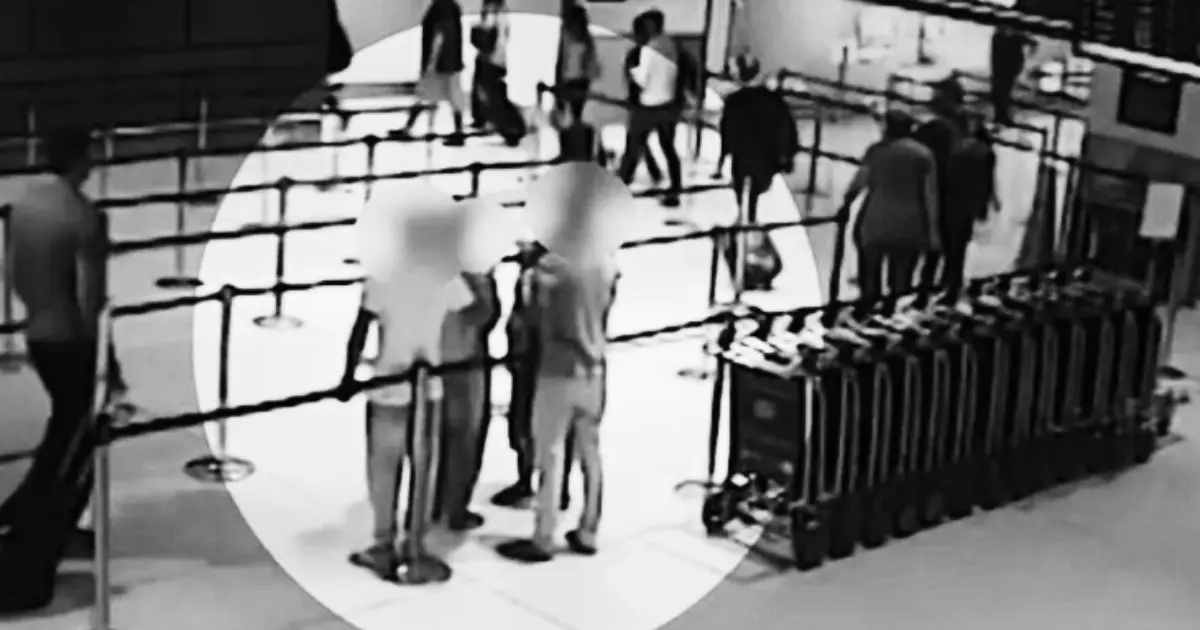In Australia, a distressing issue has come to light where immigrants, particularly women, are subjected to a form of abuse known as exit trafficking. This illegal practice involves victims being coerced, deceived, or forced to leave the country, often after already suffering various forms of domestic violence, including sexual, financial, physical, and emotional abuse. The Australian federal police and migration experts recognise this as a hidden crisis, with victims often threatened with visa cancellations alongside their abuse.
Understanding Exit Trafficking and Its Legal Ramifications
Exit trafficking is classified as a type of human trafficking under Australian commonwealth law. Despite the gravity of the crime, it remains underreported. The Australian Federal Police (AFP) received 30 reports of exit trafficking last financial year, yet research suggests that only about 20% of human trafficking and slavery cases are detected in Australia. These numbers reflect a significant gap between the actual occurrences and the reported cases, highlighting the need for better awareness and support mechanisms.
Recent Legal Precedents and Challenges
The first conviction for exit trafficking in Victoria occurred recently, where a man was found guilty of leaving his wife in South Sudan without her passport, taking their children back to Australia, and causing her a two-year ordeal to return. He now faces up to 12 years in prison. Another landmark case involved a man in Sydney who was convicted for coercing a woman and her child to return to India under threats of violence. This man was sentenced to 21 months in prison.
Despite these legal victories, prosecuting exit trafficking remains challenging. The AFP notes significant hurdles, such as the underreporting of crimes due to victims’ fear of retaliation, lack of awareness of their rights, and language barriers. Additionally, gathering evidence from other countries and relying on victim testimony, which can be difficult to obtain, further complicates the prosecution process.
Support Systems and Resources
For victims of exit trafficking, the Australian Red Cross runs the federally funded Support for Trafficked People program. This initiative provides crucial support, including financial assistance, accommodation, medical treatment, counselling, and referrals to legal and migration services. Last year, the program received 16 referrals, with almost 90% of the clients being women.
Victims who manage to contact Australian authorities while abroad often seek help from the Department of Home Affairs, the AFP, or Australian consulates. However, many victims never manage to return to Australia, underscoring the need for robust support systems both domestically and internationally.

Visa Provisions for Victims of Domestic Violence
Australian immigration law offers certain protections for victims of domestic violence. Specific visas, like the partner visa, have provisions allowing applicants to apply for permanent residency if they can prove that their sponsor committed violence against them during their relationship. This pathway is critical for providing stability and security for victims, ensuring they are not forced to remain in abusive situations due to fear of losing their residency status.
Find Visa Support if You’re Experiencing Domestic Violence
The issue of exit trafficking and the broader spectrum of domestic violence against immigrants in Australia is a severe and complex problem. While recent legal cases show progress in addressing these crimes, significant challenges remain in prosecuting offenders and providing comprehensive support to victims. Continued efforts to raise awareness, improve reporting mechanisms, and strengthen legal protections are essential. Programs like the Australian Red Cross’s Support for Trafficked People play a vital role in offering the necessary aid to those affected, ensuring they have access to the resources and assistance needed to rebuild their lives free from violence and fear.
It is important to seek legal support on your migration journey to Australia, and NB Migration Law can support you in any circumstance where you require legal advice in securing or navigating your visa journey. Reach out to our team for a confidential, complimentary consultation and speak with a Migration Lawyer.

